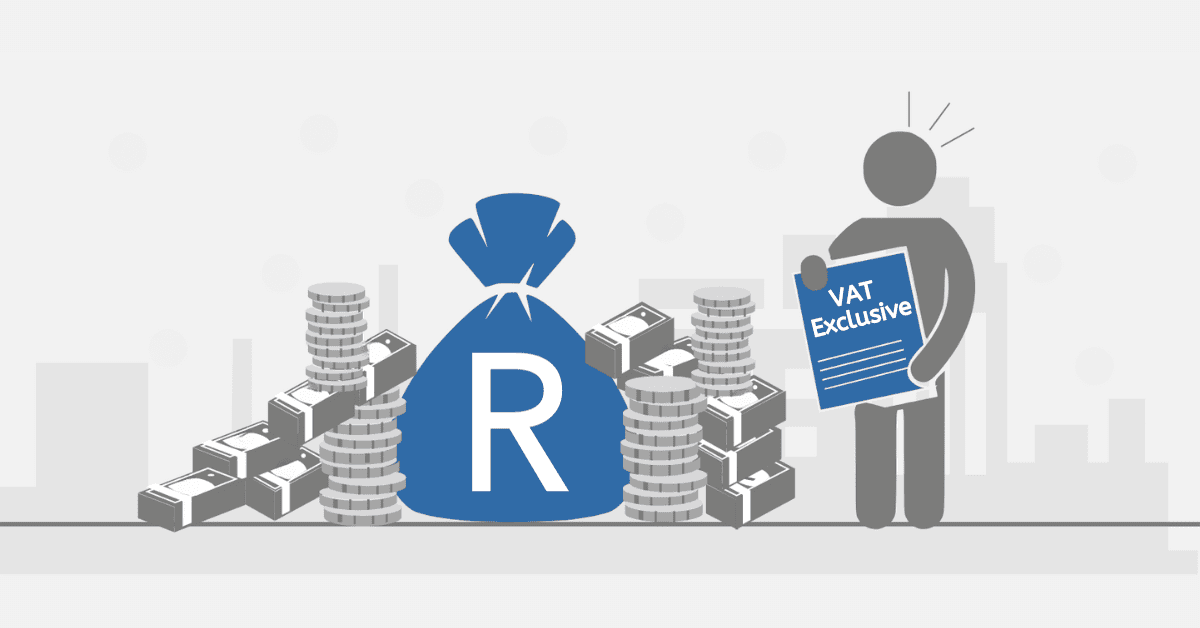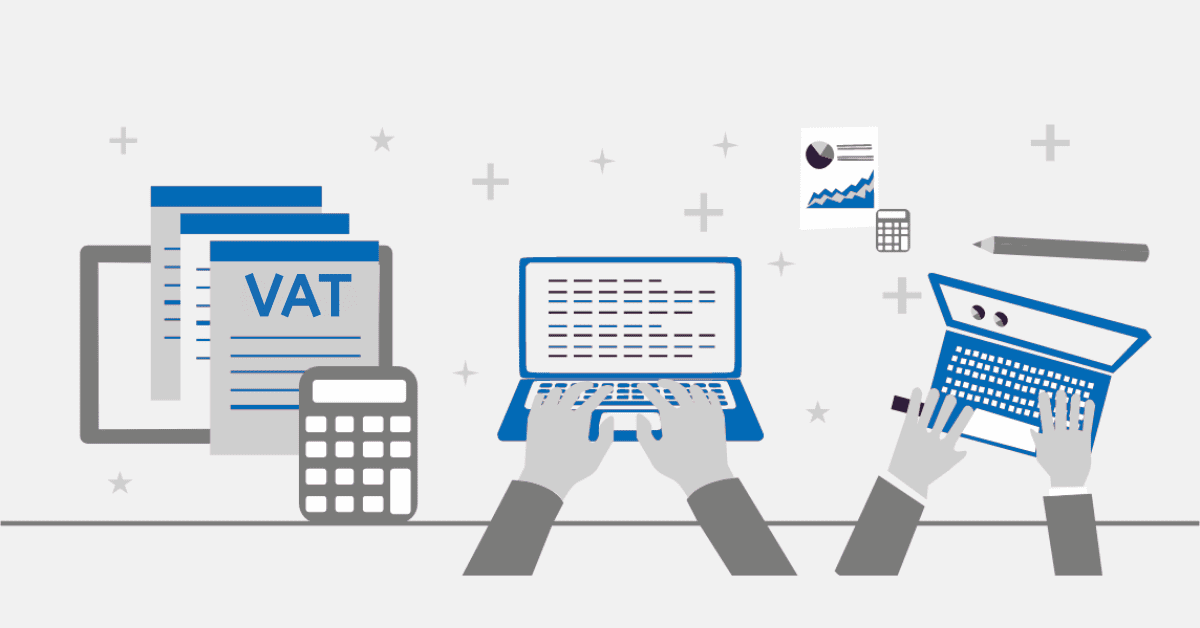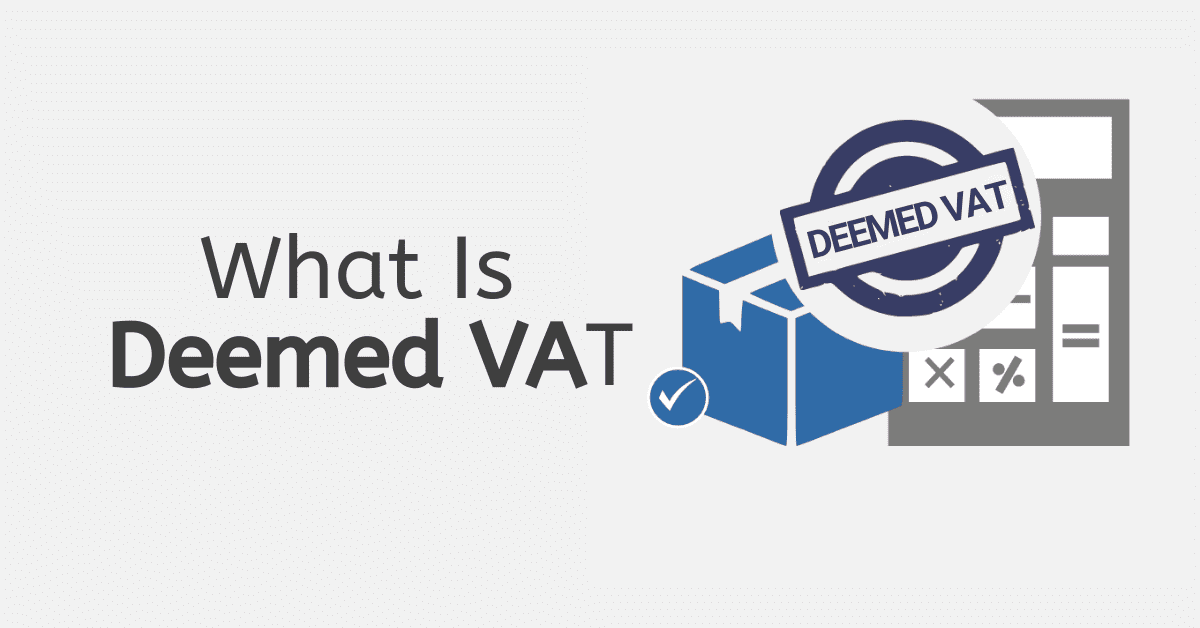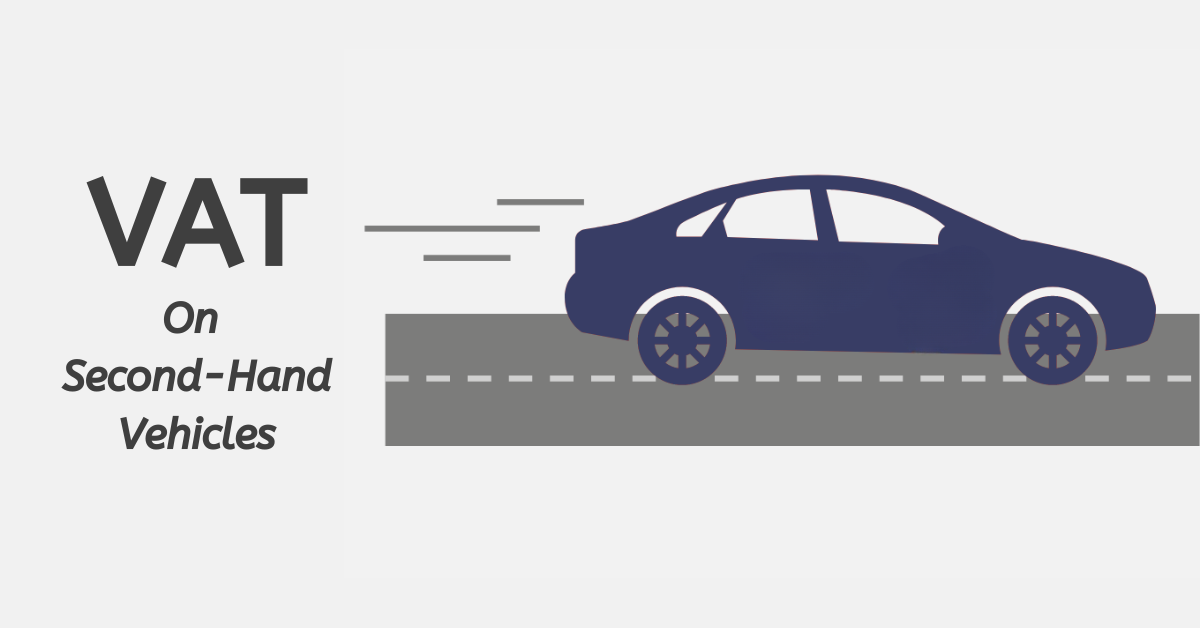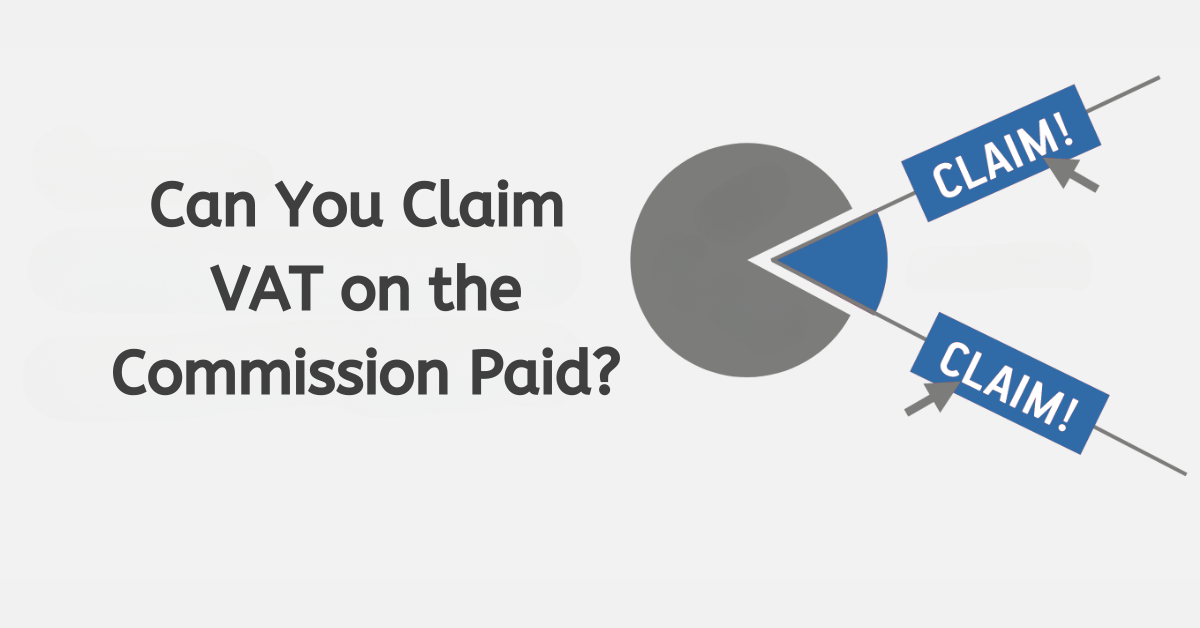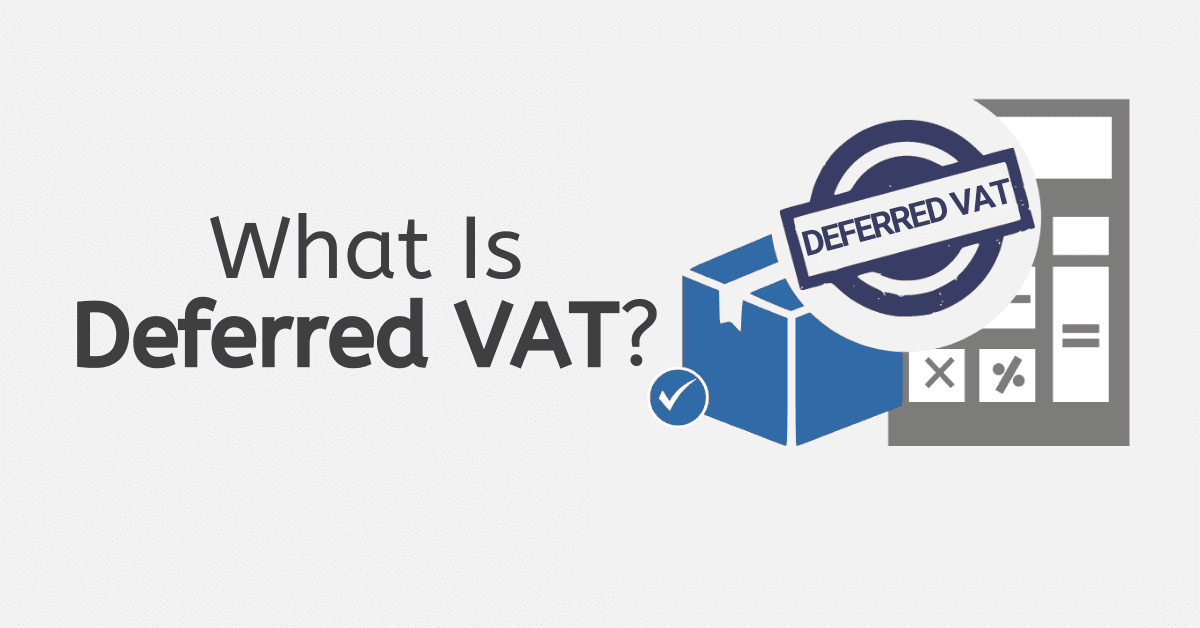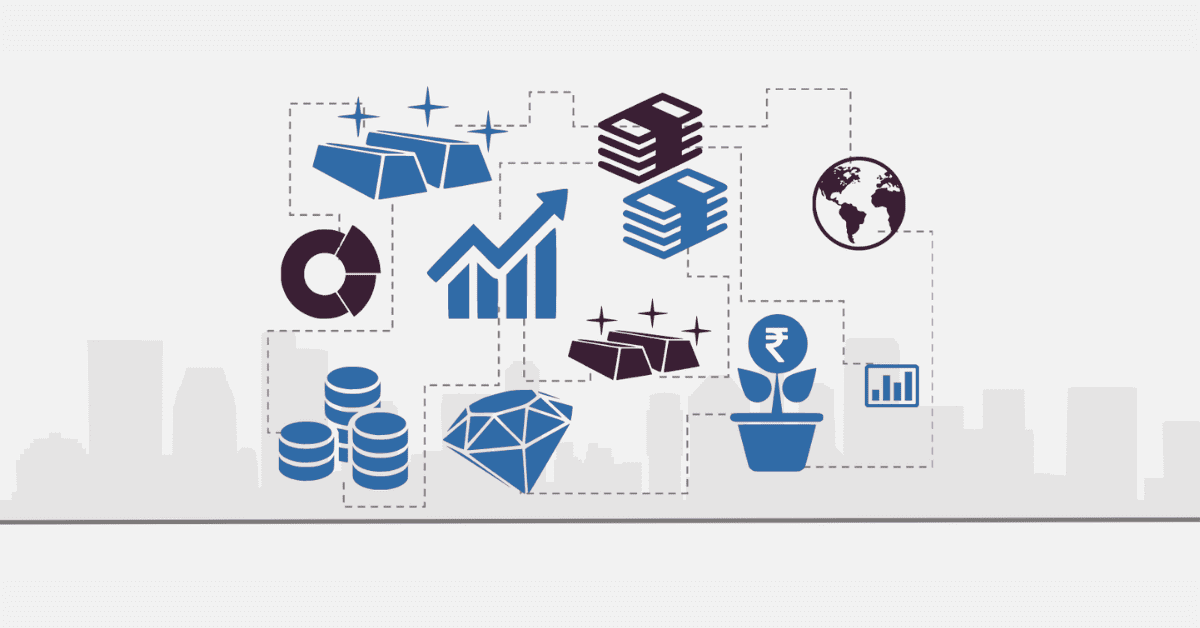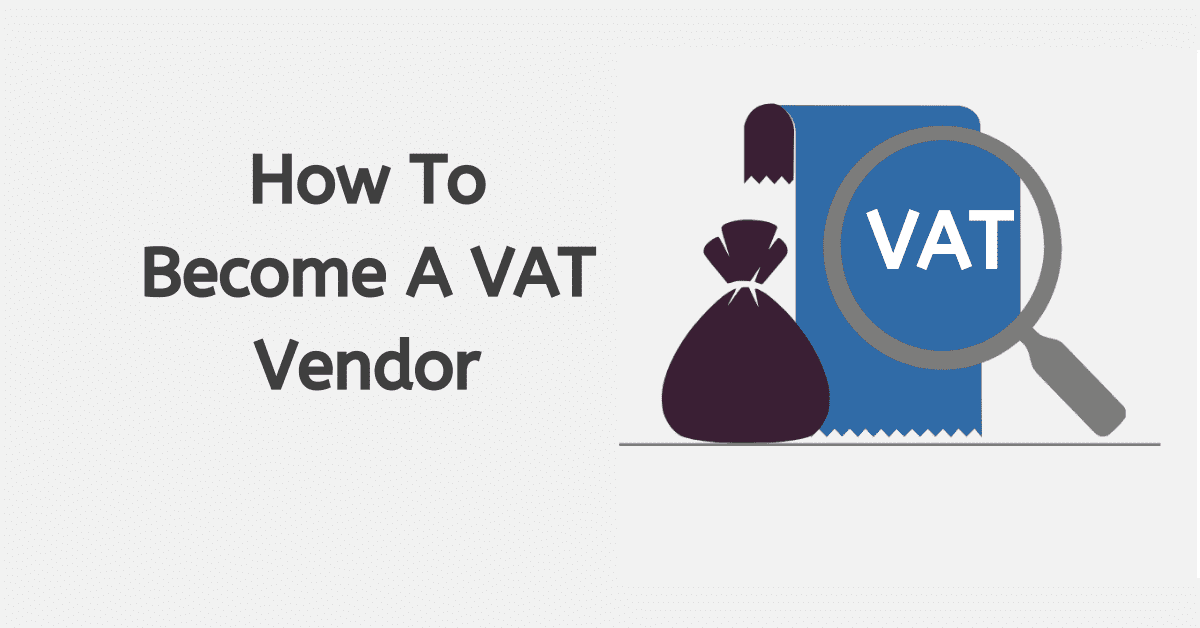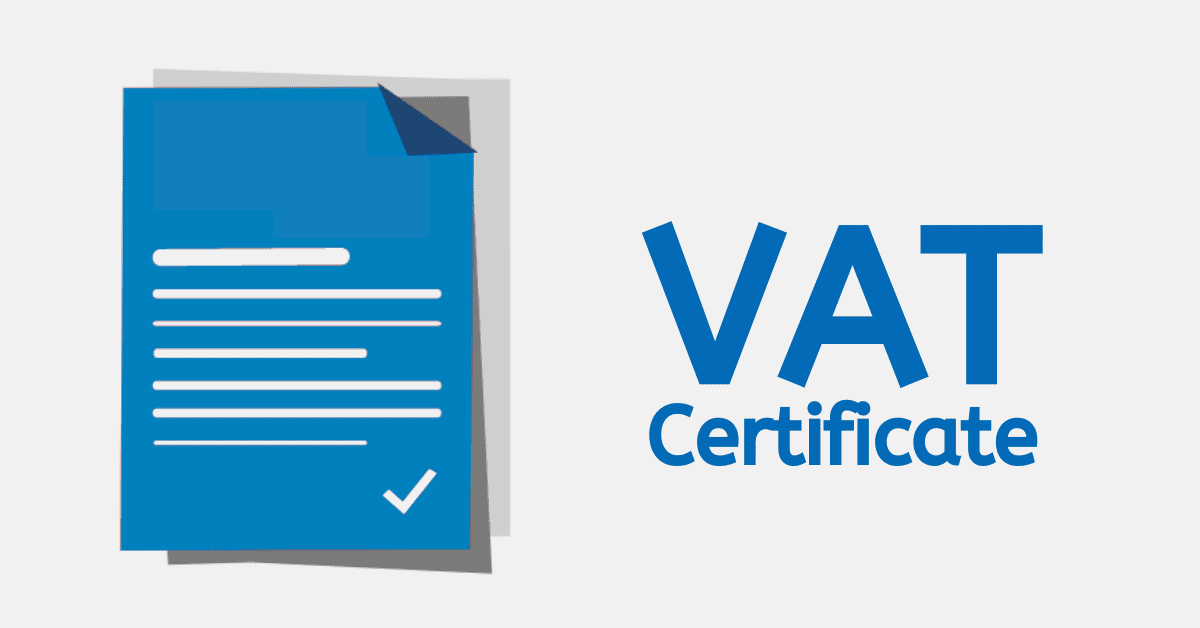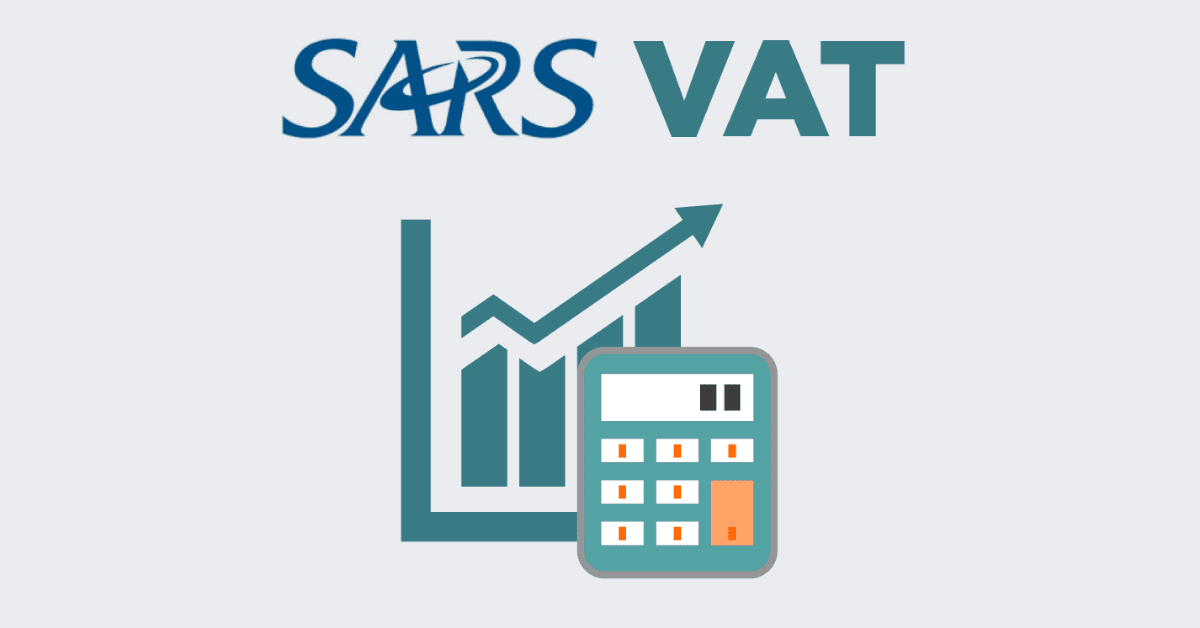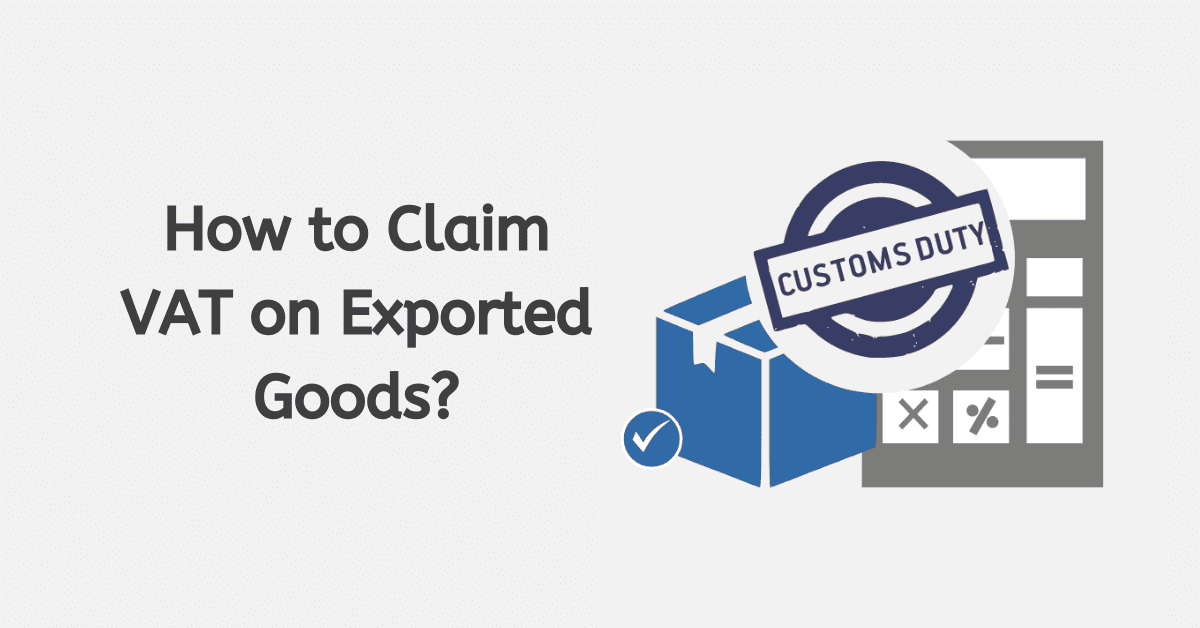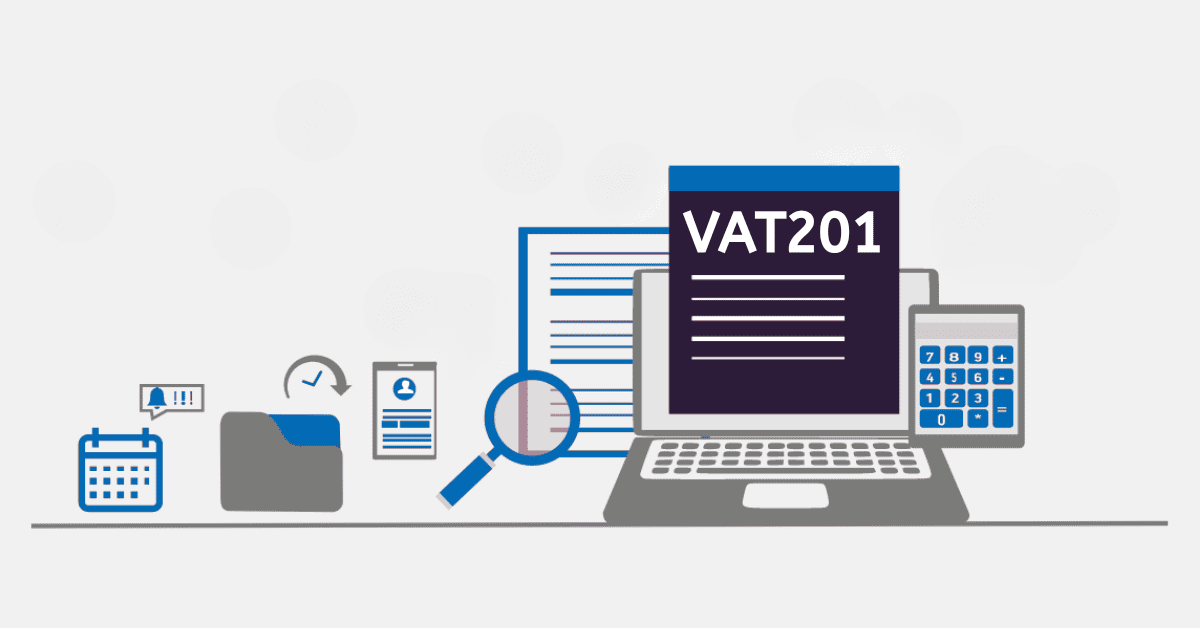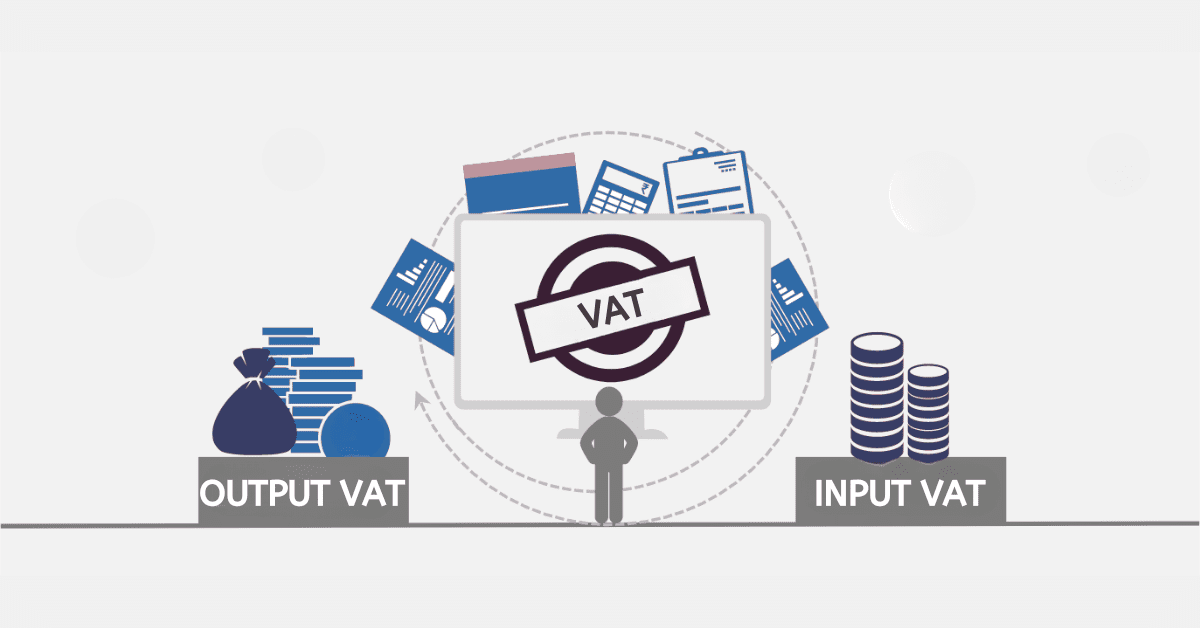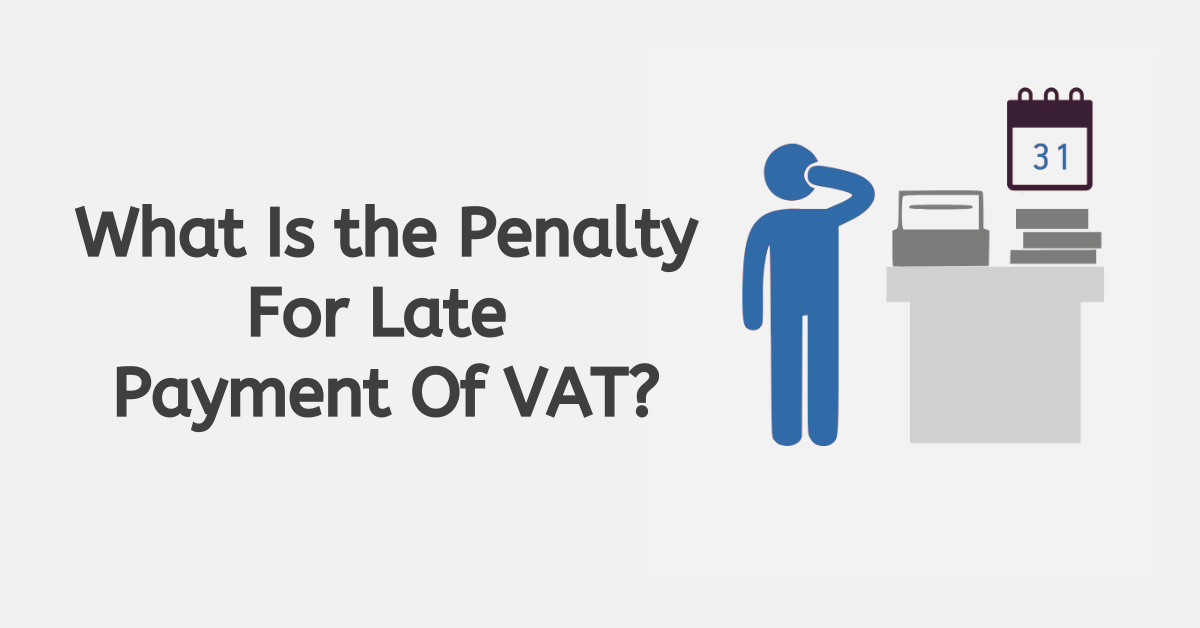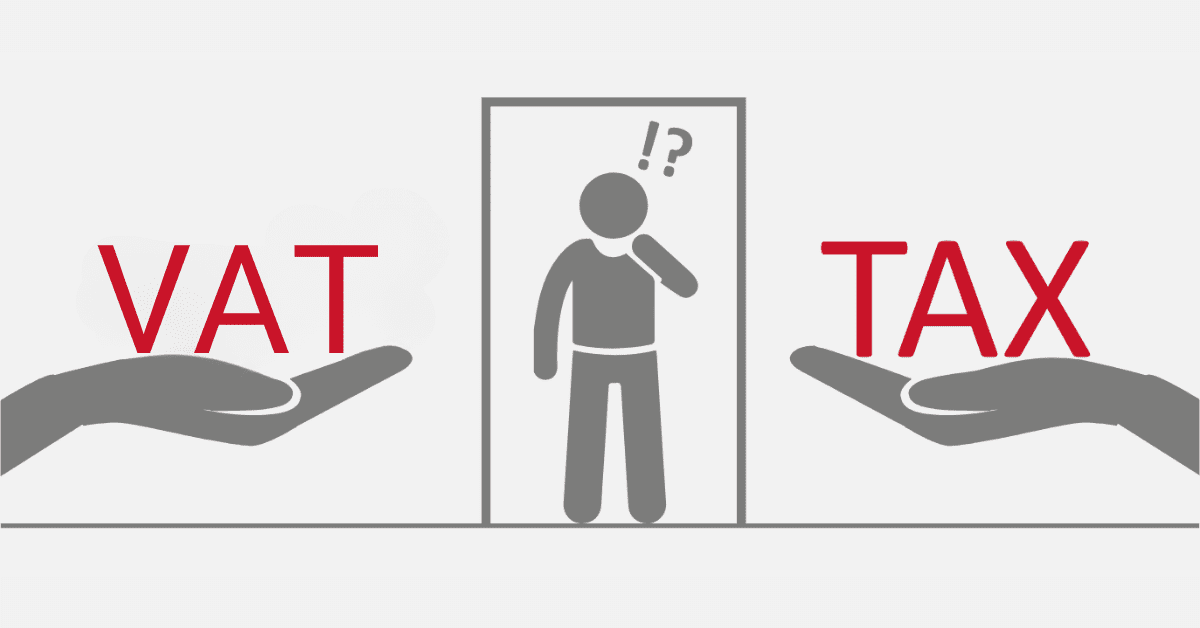The Value-Added Tax, or VAT, system is a key part of the South African tax system, generating a lot of revenue for SARS and the government. While we all pay VAT daily on the goods and services we buy, not every business can officially file VAT returns and claim back (or pay in) based on their VAT burden. Today, we will delve into the VAT rate, what items are VAT-free, how to calculate the 15% VAT in South Africa, how VAT is calculated by SARS, and touch on some of the different types of VAT.
How Much Percentage Is VAT In South Africa?
In South Africa, the standard VAT rate is set at 15%. However, there is a strong possibility this amount will be increased shortly, based on some current government dialogue. This means that for most goods and services, consumers are required to pay an additional 15% of the purchase price as VAT. The VAT system is designed to tax the consumption of goods and services, and the 15% rate is applied uniformly across most sectors. Most of us do not realize we are paying VAT on the goods we buy, but it is always present.
What Items Are VAT-Free In South Africa?
While the standard VAT rate of 15% applies to most goods/services, some items are outright exempt from VAT or subject to a 0% VAT rate. These VAT-free items include essential goods and services that are considered basic necessities for the poor.
Firstly, it is important to understand the difference between ‘zero-rated’ and ‘VAT-free’. Zero-rated refers to a class of goods where VAT is ‘normally’ charged (like food), but certain basics are removed from VAT charges to prevent painful impacts on the poorest of the poor. VAT vendors can, however, still claim input deductions on expenses related to making them, and this could generate a refund for them. Vat-exempt items, on the other hand, belong to classes that never attract VAT, like education. They cannot be entered on a VAT201 in any capacity.
Some common types of VAT-free items in South Africa are:
- Staple food items (bread, pilchards, rice, vegetables, and fruits) are zero-rated.
- Educational services(schools, colleges, and universities) are VAT-exempt.
- Certain qualifying medical care is VAT-exempt.
- Services from financial institutions(banks and insurance companies) are typically VAT-exempt.
- Certain sales, like the sale of a working business or primary residence, are exempt from VAT.
- Some agricultural inputs/supplies used for farming are zero-rated.
How To Calculate 15% VAT (South Africa)?
Calculating 15% VAT in South Africa is relatively straightforward. To work out the VAT amount on a purchase, you can use the following formulas:
- To Add VAT: (VAT-exclusive amount) x 1.15
- To remove VAT: (VAT-inclusive amount) / 1.15
- To determine just VAT on a VAT-inclusive amount: (VAT-inclusive amount)/ 115 x 15- ADVERTISEMENT -
So, for a VAT-exclusive amount of R1,000, we can add VAT as follows:
R1,000 x 1.15 = R1150
On a VAT-inclusive amount of R1,000, on the other hand, we can find the VAT-exclusive price as follows:
R1,000/1.15 = R869.57
Or we can see just the VAT amount as follows:
R1,000/ 115 x 15 =R130.43
For any change in the VAT amount, simply replace the ‘15’ in the above formula with the new VAT percentage.
How Is VAT Calculated In SARS?
Businesses that are registered for VAT must calculate VAT on their sales and purchases. They will then submit periodic VAT201 returns to SARS. Here’s the basics of how VAT is calculated and reported to SARS:
- Output VAT: This is the VAT collected by a business on its sales. The business is responsible for adding the 15% VAT to the selling price of goods or services and then reporting and paying this amount to SARS.
- Input VAT: Input VAT is the VAT paid by a business on its purchases. Businesses can claim input tax credits by deducting the VAT they’ve paid on purchases from the VAT they’ve collected on sales. This ensures that businesses are only liable for the net VAT amount.
- VAT Returns: Registered businesses are required to submit VAT returns regularly, usually on a bi-monthly basis. The VAT return includes a summary of the output VAT and input VAT for the specified period. If the input VAT exceeds the output VAT, the business is entitled to a VAT refund; if the output VAT is higher, the business is required to pay the difference to SARS.
What Are The 3 Types Of VAT?
In South Africa, there are three main types of VAT:
- Standard Rate VAT: This is the most common VAT rate, set at 15%. It applies to most goods and services, with certain exceptions and exemptions.
- Zero-Rated VAT: Zero-rated VAT is applied at a 0% rate and is typically used for essential goods and services. It means that consumers do not pay VAT on these items, but businesses can claim input tax credits.
- Exempt VAT: Exempt VAT means that certain goods and services are entirely exempt from VAT. Businesses cannot claim input tax credits on exempt supplies, and consumers are not charged VAT on these items. Examples of exempt supplies include financial services and residential property sales.
While the VAT system can seem challenging to understand at first, it is actually a pretty simple concept at the core. Hopefully, you now understand more about how VAT is calculated in South Africa.
